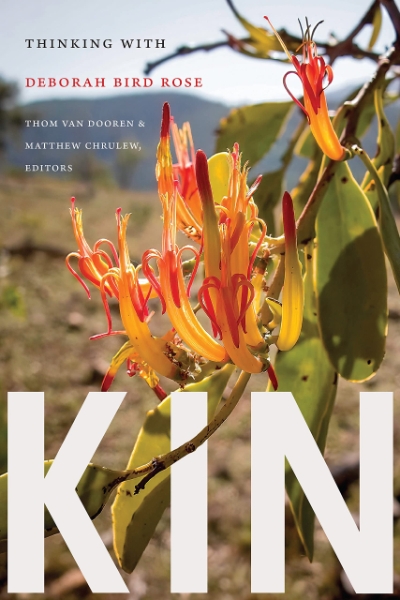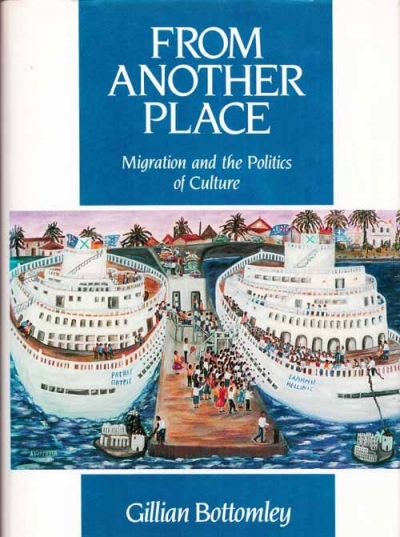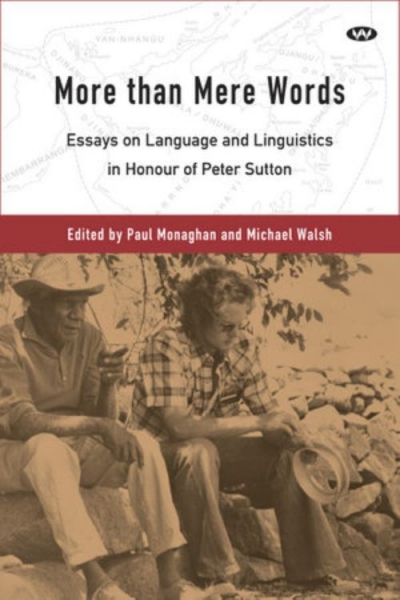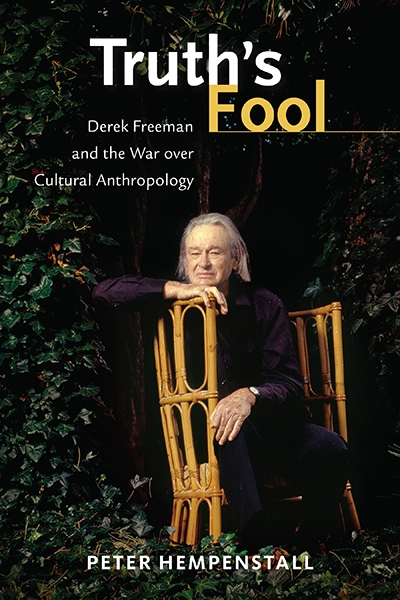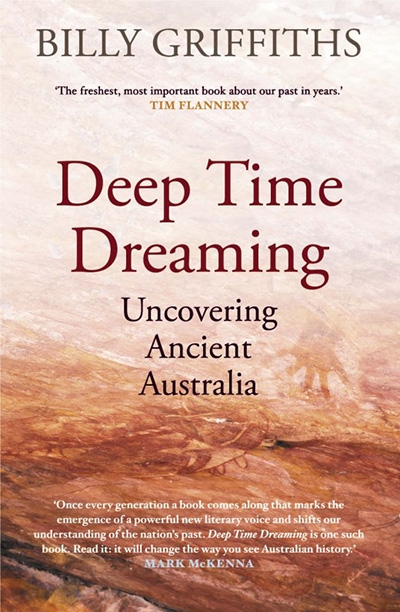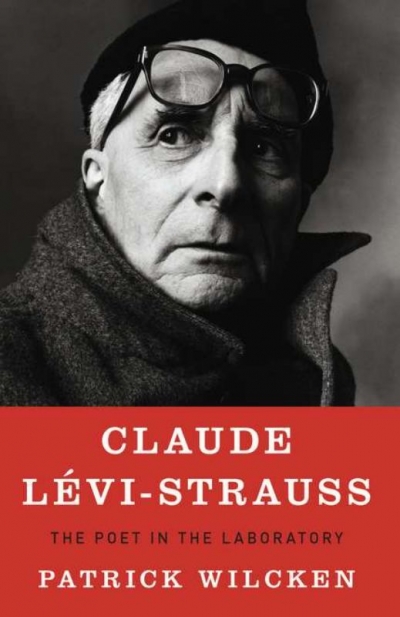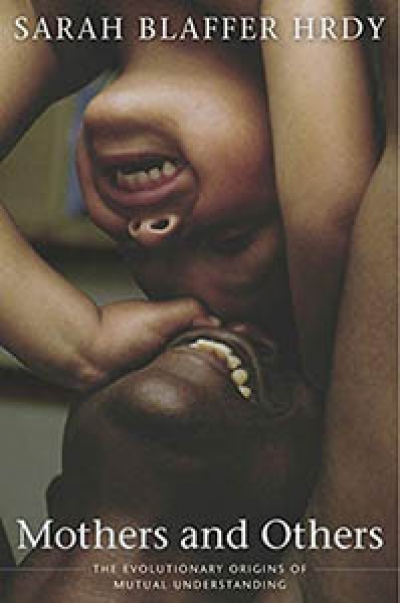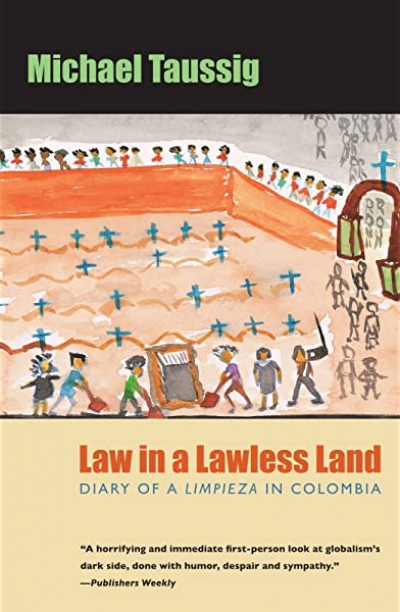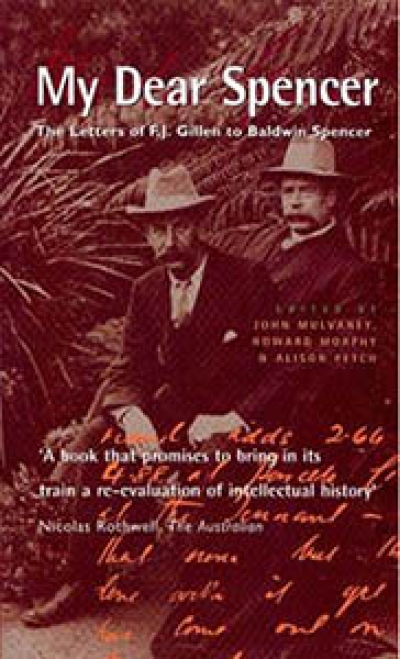Anthropology
Kin: Thinking with Deborah Bird Rose edited by Thom van Dooren and Matthew Chrulew
by Prithvi Varatharajan •
From Another Place: Migration and the politics of culture by Gillian Bottomley
by David Walker •
More Than Mere Words edited by Paul Monaghan and Michael Walsh & Ethnographer and Contrarian edited by Julie D. Finlayson and Frances Morphy
by Stephen Bennetts •
Truth’s Fool: Derek Freeman and the war over cultural anthropology by Peter Hempenstall
by Simon Caterson •
Deep Time Dreaming: Uncovering ancient Australia by Billy Griffiths
by Kim Mahood •
Claude Lévi-Strauss: The Poet in the Laboratory by Patrick Wilcken
by Grant Evans •
Mothers and Others: The evolutionary origins of mutual understanding by Sarah Blaffer Hrdy
by Michael Gilding •
Law in a Lawless Land: Diary of a limpieza in Colombia by Michael T. Taussig
by Stephen Muecke •
The Culture Cult: Designer tribalism and other essays by Roger Sandall
by Patrick Wolfe •
My Dear Spencer: The letters of F. J. Gillen to Baldwin Spencer edited by John Mulvaney, Howard Morphy, and Alison Petch
by Barry Hill •

